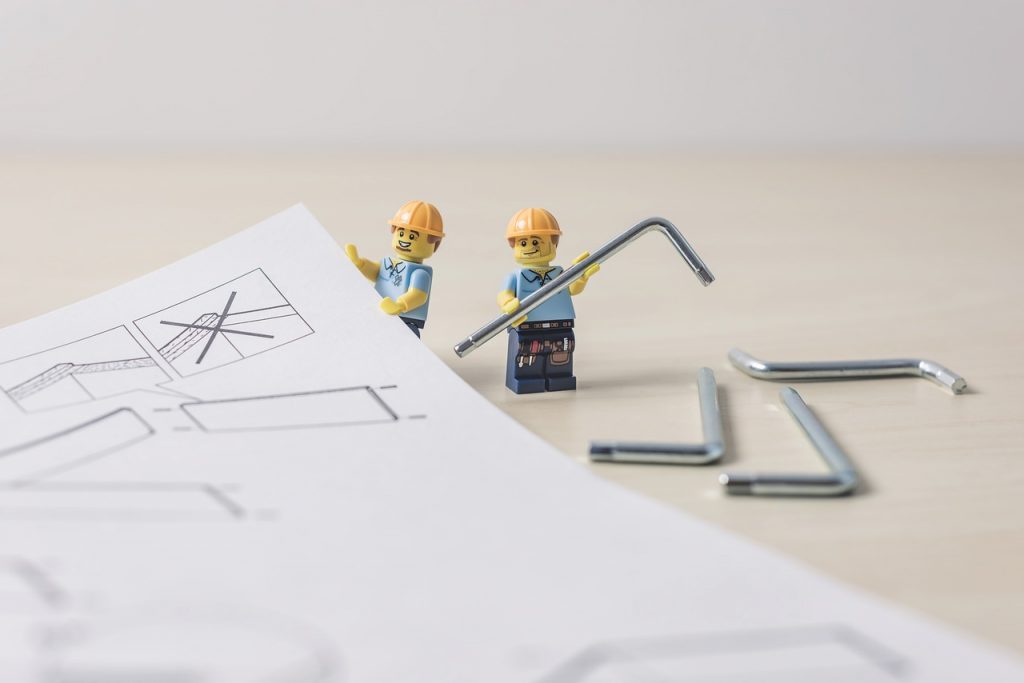The health crisis has put the solutions that people have to satisfy their needs to the limit. The confinements led some to increase or start the use of the home service. Some increased the use of single-use plastics and sanitizing chemicals. However, some others decided to internalize processes and services; in other words, they invested in making more products and activities that they used to buy from third parties.
These people are reminiscent of the IKEA effect. Instead of delivering finished products, some brands deliver the «parts» or «ingredients» for the consumer to assemble or prepare the product. In this case, the involvement of the person who arms or prepares is highly valued and that is why these people prefer these alternatives to others already armed or ready to eat. If by consuming a product you get a rewarding experience, success is closer.
However, the IKEA effect has some implications. For example, the case of ready-to-cook flour that suffered a disappointing reception in the market is already a classic study in Psychology schools. The reason? Consumers found it extraordinarily easy and up to a point outrageous that it was only necessary to add milk and put the mixture in the oven to have a cake. The solution? Change the formula to have to add egg as well.
During the first months of the health contingency due to SarsCov2 infections, many people took advantage of the circumstances to add countless skills and knowledge to their intangible capital: DIY and dishes are some of the most observed. The increase in free time was seen as an opportunity to calm anxiety about confinement, reduce dependence on the outside and contribute to a better personal or family feeling.
At this time of the pandemic it is clear that the confinements will not be one of the central measures given the advances in vaccination and the deterioration of the economy after months of atypical activities. However, some behaviors practiced in the crisis may remain to some extent. Doing things for yourself is no exception. Therefore, brands must know the weight that this trend will take on in the medium term to adapt to new needs.
Nor should we lose sight of the fact that among the hypotheses to understand the interest in «do it yourself» solutions are that many had to learn to eat or repair things to reduce household expenses given the reduction in income. Others, on the other hand, will not be concerned about returning to pre-pandemic customs due to the eventual return to the busy daily life that prevented spending time at home.
In other posts on this blog we have emphasized that many phenomena within the market are still in the process of development at the moment. We do not yet know the changes they will bring in the future. Going ahead to plan action strategies is one of the best investments. At Acertiva we can support you in this step thanks to our 18 years of experience in market research. What are you waiting for? Write us today.

Short Link:
